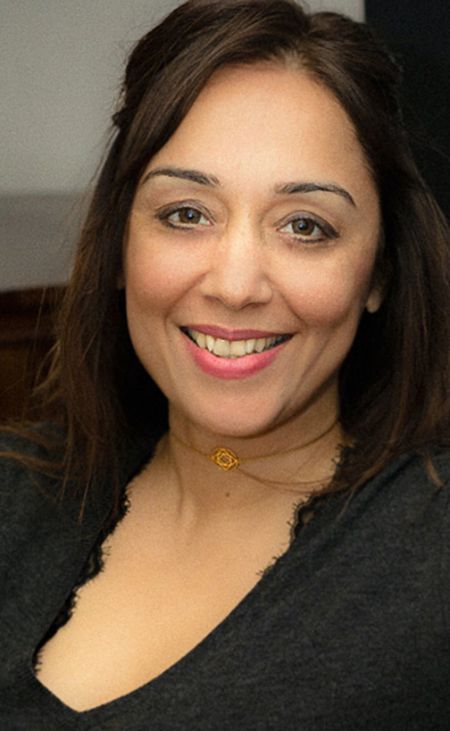Forging Her Own Path

Solicitor/U.S. Attorney at Law
After a series of hurdles seemed to put her dreams further out of reach than ever before, Mona Anahita Chawla '00 decided to take charge and build the career she wanted, reaching international success.
There is never an easy path to becoming a lawyer. Mona Anahita Chawla ’00, who had recently graduated from Chicago-Kent College of Law, faced some extra challenges.
As a foreign student, politics and immigration woes hung over her job prospects, even before she graduated.
“During the first year of law school, because the immigration laws [on a student visa] did not allow me to work outside of campus, I reached out to a number of law firms and offered to work pro bono during the summer months,” she says. “The big Chicago firm I worked for was pleased with my contributions and provided excellent references. But when they did not give me the opportunity to come back as a summer associate, it felt like an exploitive move on their part.”
Despite those challenges, Chawla excelled at Chicago-Kent, conducting research for the Dean’s book publications, placing second in a Moot Court competition, and nabbing the International Trade Law CALI award for having the highest marks in the class. She graduated with a certificate in international and comparative law.
Chawla completed her undergraduate studies at the University of Waterloo in Canada, and by that point had lived in cities across the globe and spoke three languages fluently. Despite all of her strengths, the Chicago job market was brutal.
“I was a foreign student, making it more challenging due to the archaic United States immigration system,” she says. “Unfortunately, it seemed to me that the best jobs were only accessible for those in the top 5 percent academically.”
Chawla eventually got a job at an immigration law firm (the biggest one in the world) at their New York office.
“I was only one year into my stay in Manhattan, and 9/11 happened, which meant borders were being shut and no work was expected to come in—for an immigration firm this was dire,” she says. “Therefore, barely into my career, I was laid off. I had very little prospects of staying in America, as you need a work visa to stay, and you need a job to get a visa.”
Chawla thus returned to her home country of India while she mulled her options. She eventually returned to New York to search for jobs, but the only offer she got was less than desirable.
“I was offered a job to deport people for the sort of salary that would not even support a student life in NYC,” she says. “Being an immigrant myself, I could not justify deporting others.”
At that point, Chawla was done trying to fit into the traditional “lawyer” mold and decided to create her own opportunities and build success in her own image. In 2003, she moved to London and set up her own niche law practice. In 2004, she qualified as an English solicitor. Now, she uses her dual qualifications to help people move to both the U.S. and the United Kingdom.
“It would be considered an unconventional path by my fellow peers in America, but it won me recognition, praise, and most of all a blossoming career,” she says.
Best of all, Chawla did not have to worry about her immigration status. She was eligible for a “self-employed foreign lawyer” visa to support her life in London. “My research skills came in handy as no one had heard of this visa option, which years later, led me to secure British citizenship,” she says.
Her law practice is now mostly remote and managed by a fellow colleague. “For the last few years, I’ve spent the majority of my time in Lisbon, Portugal, though I still practice law on a part-time basis.”
